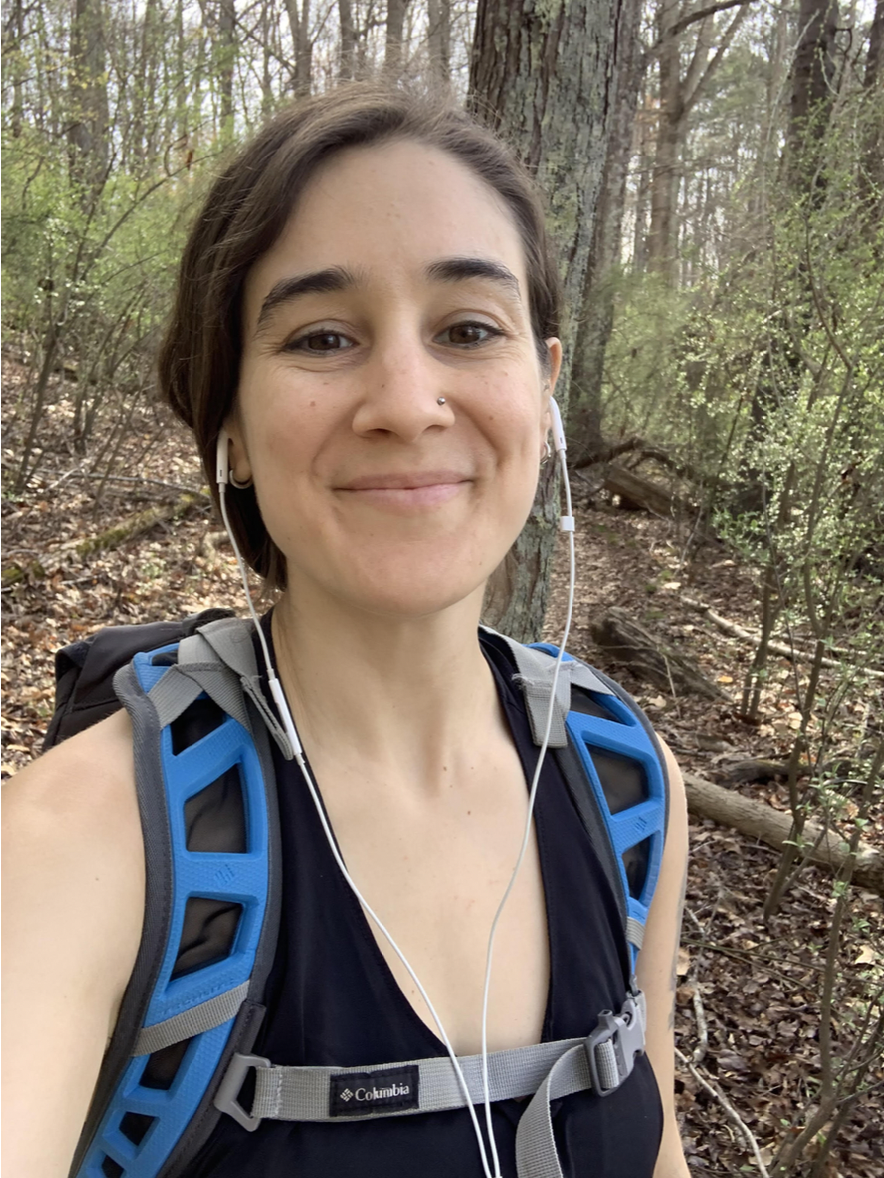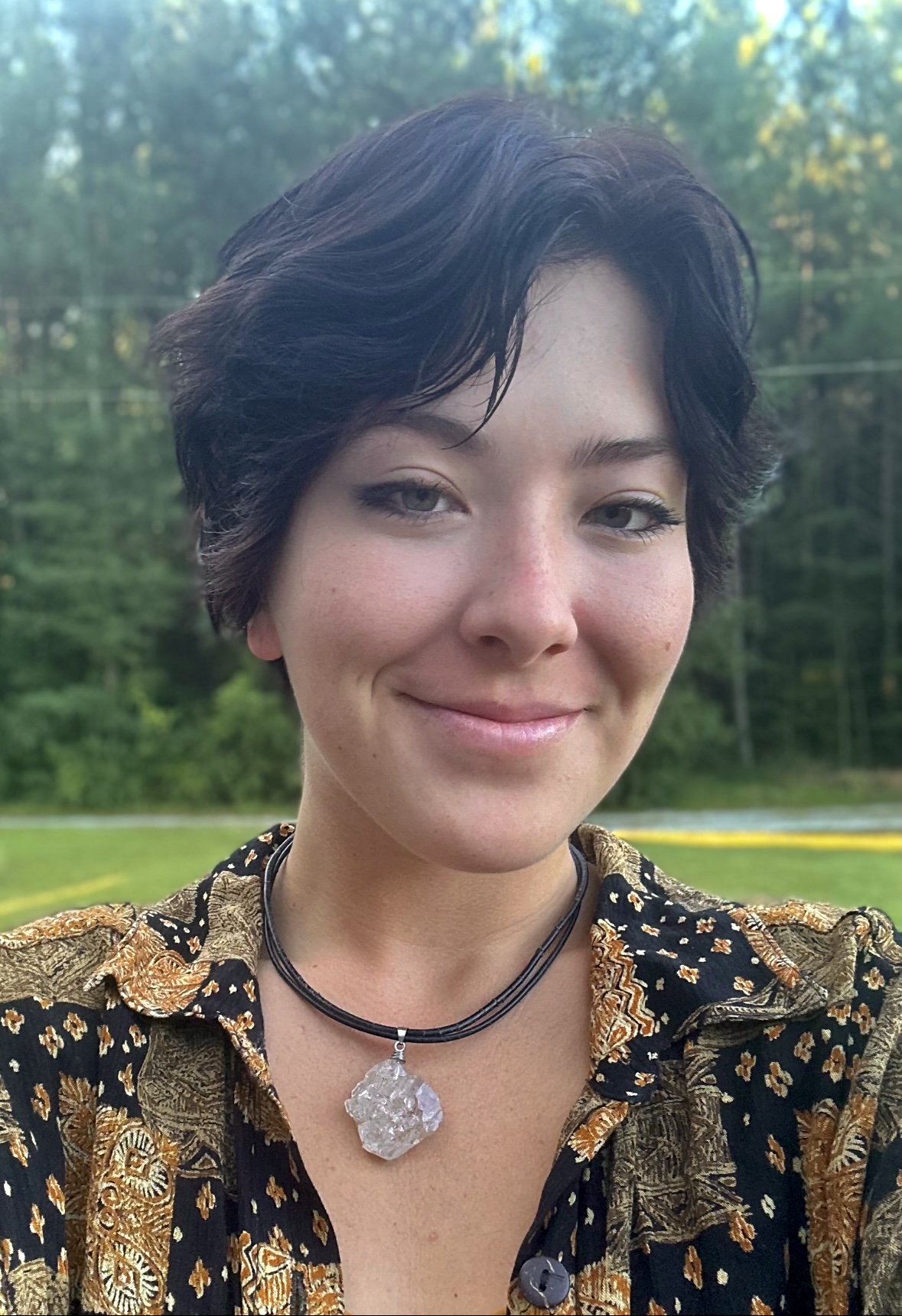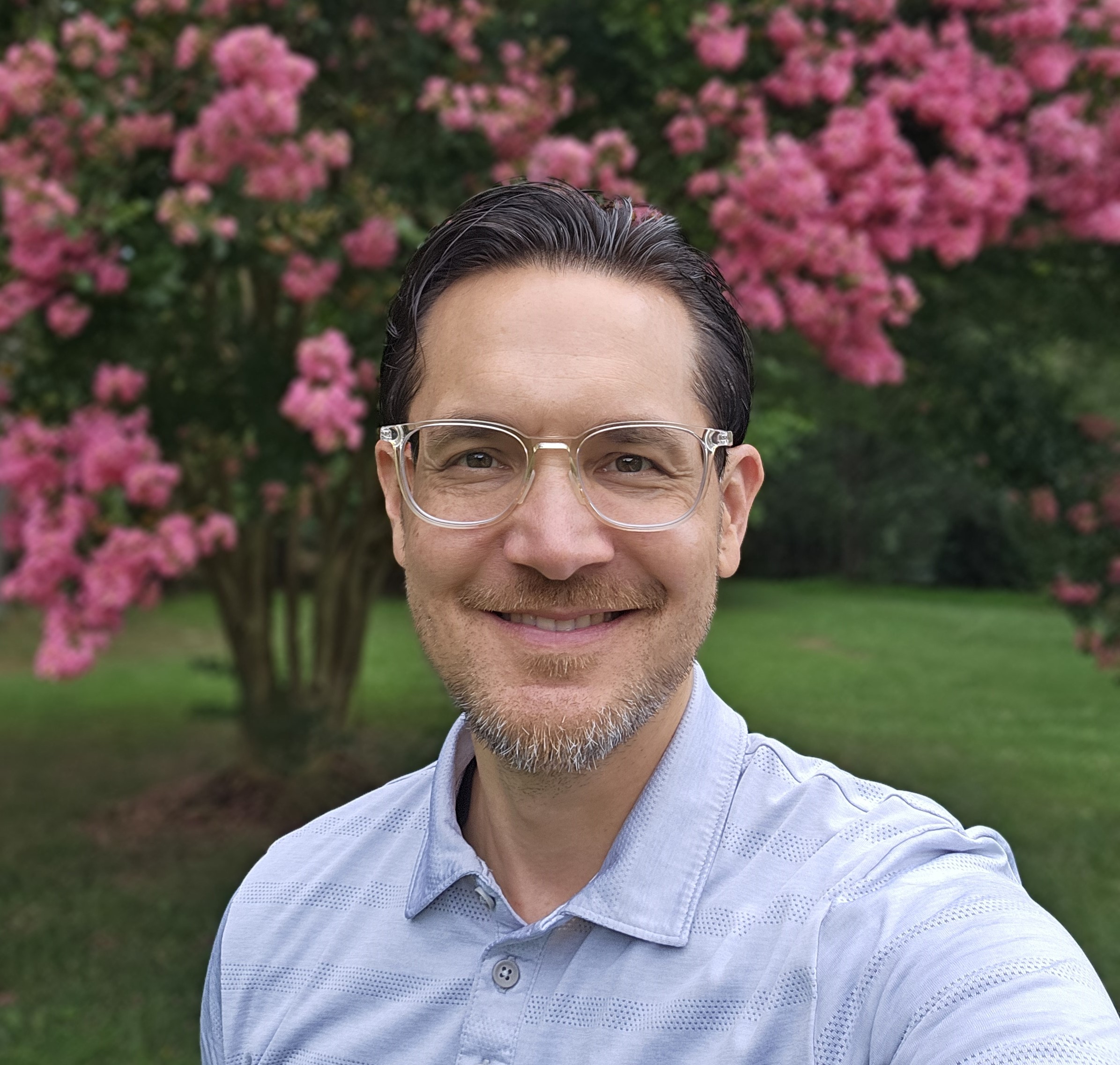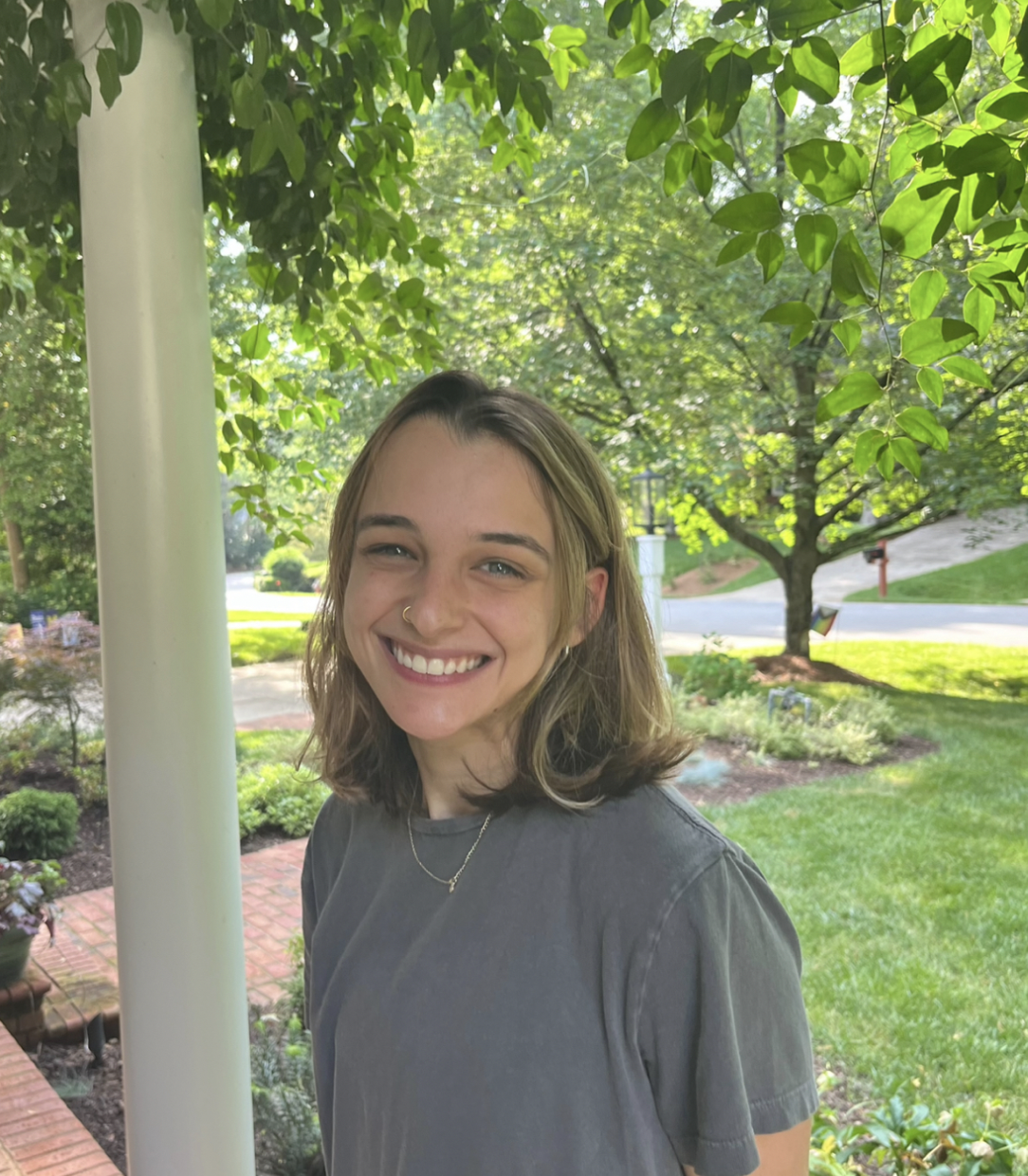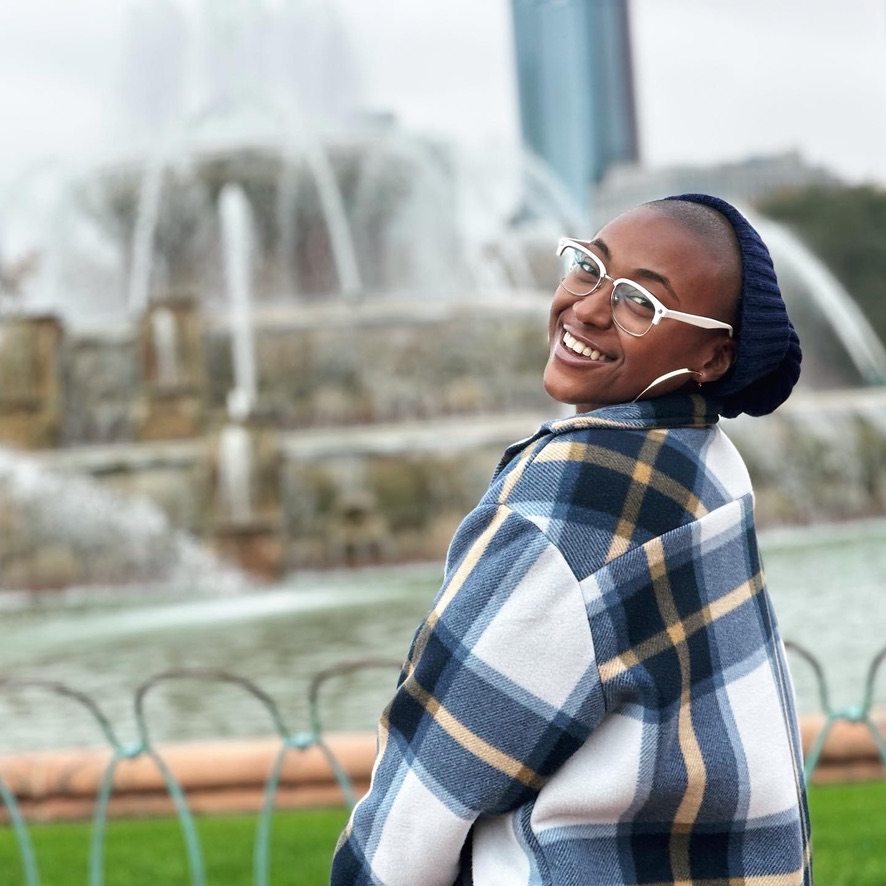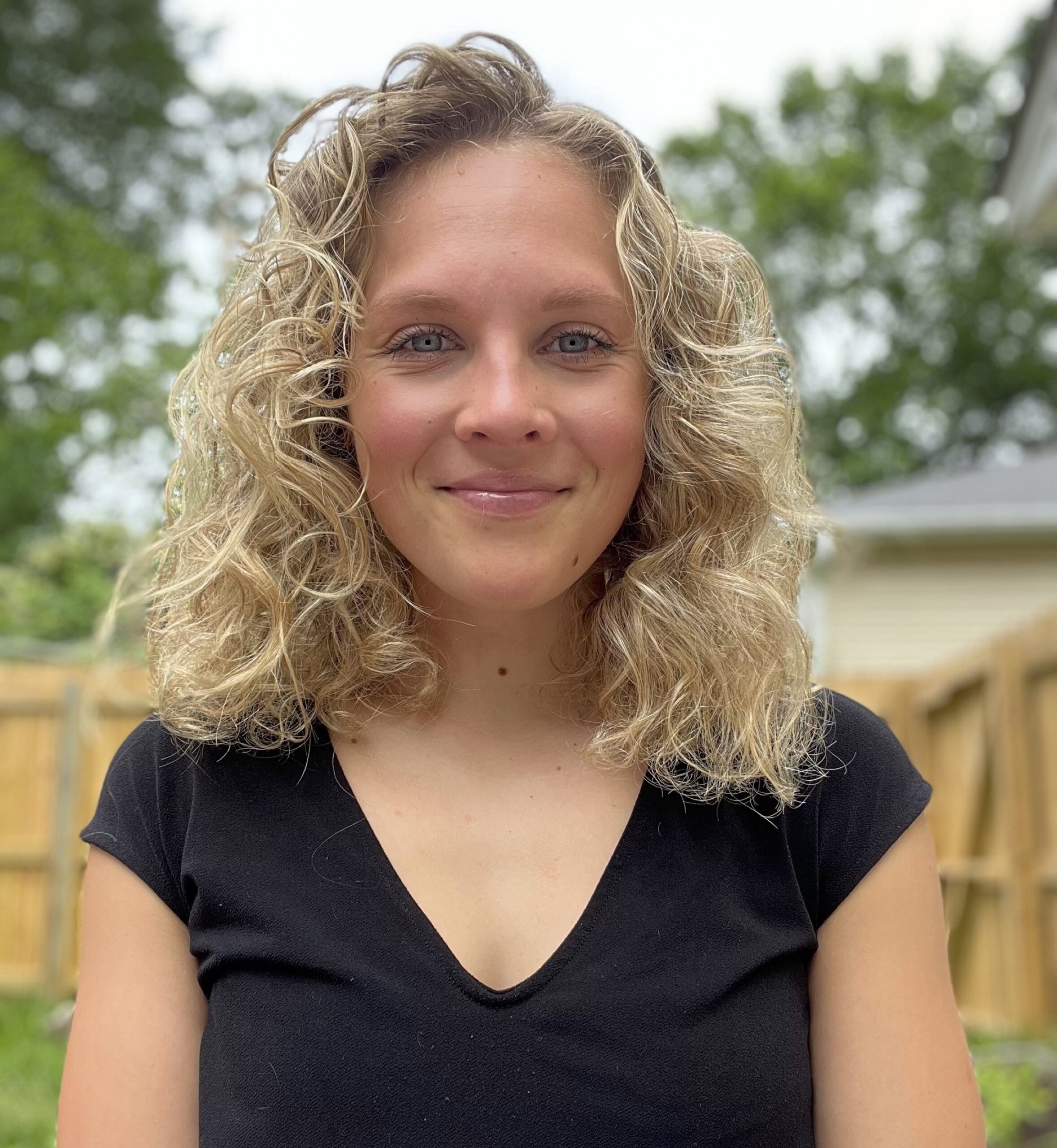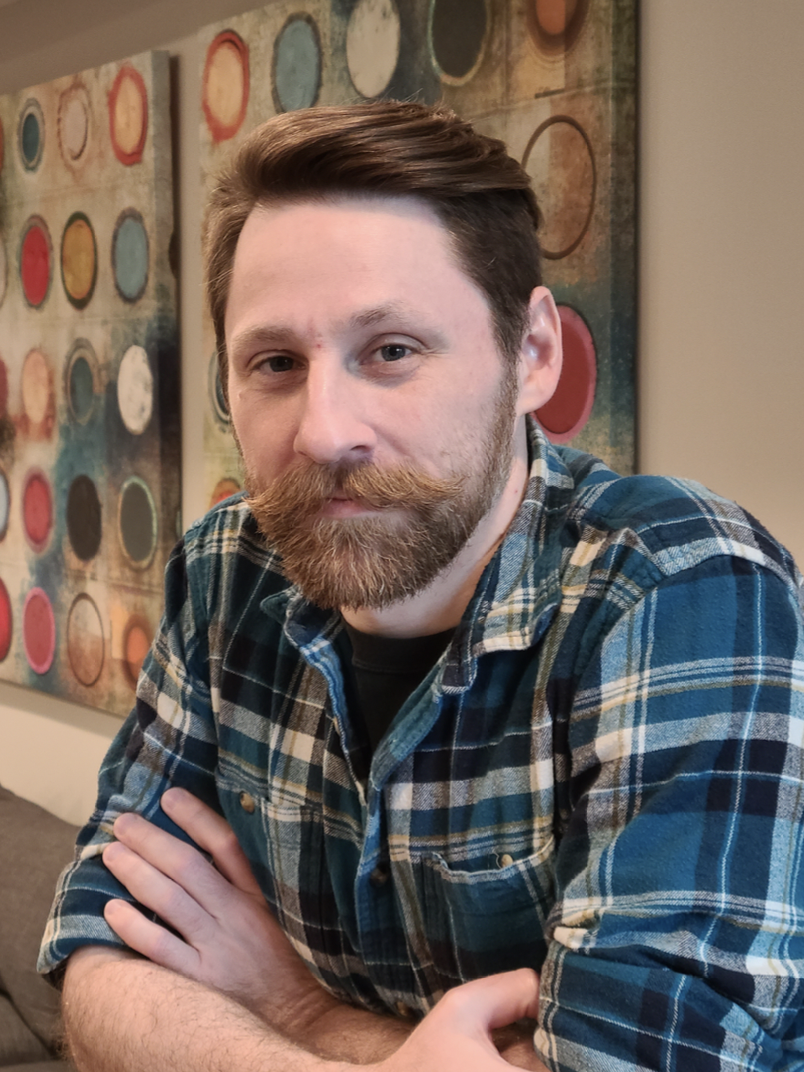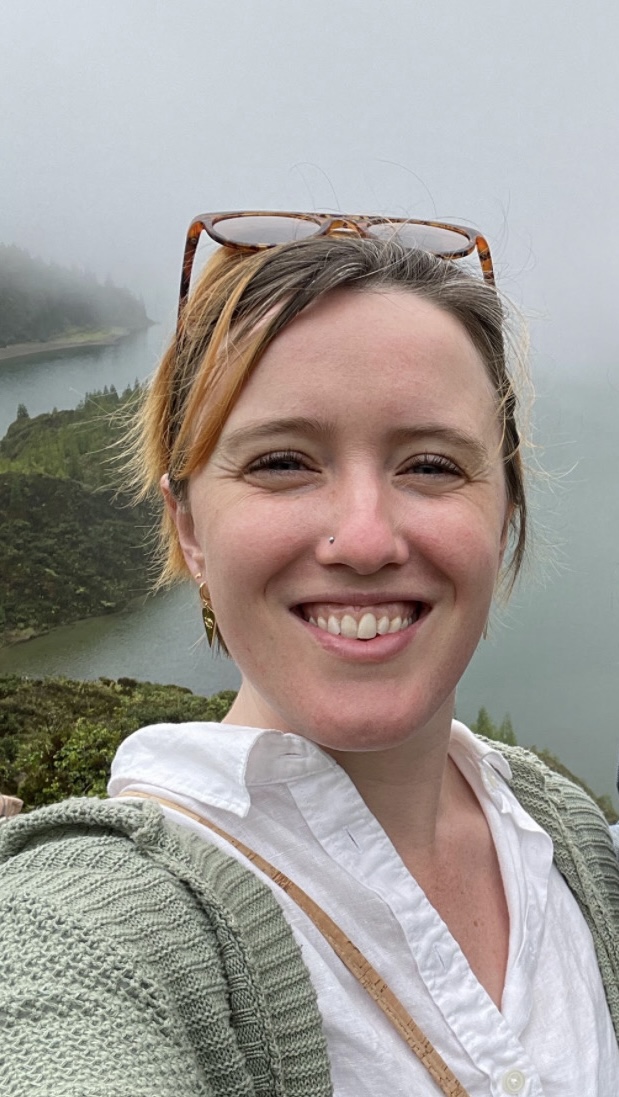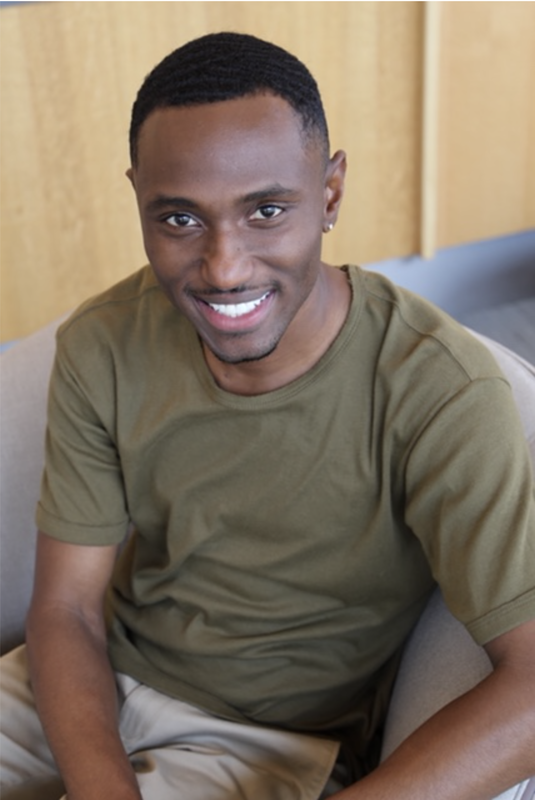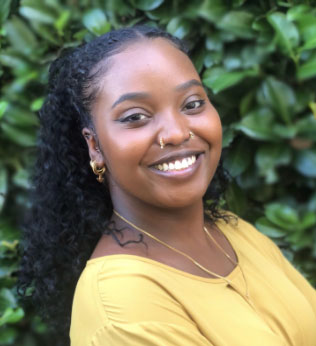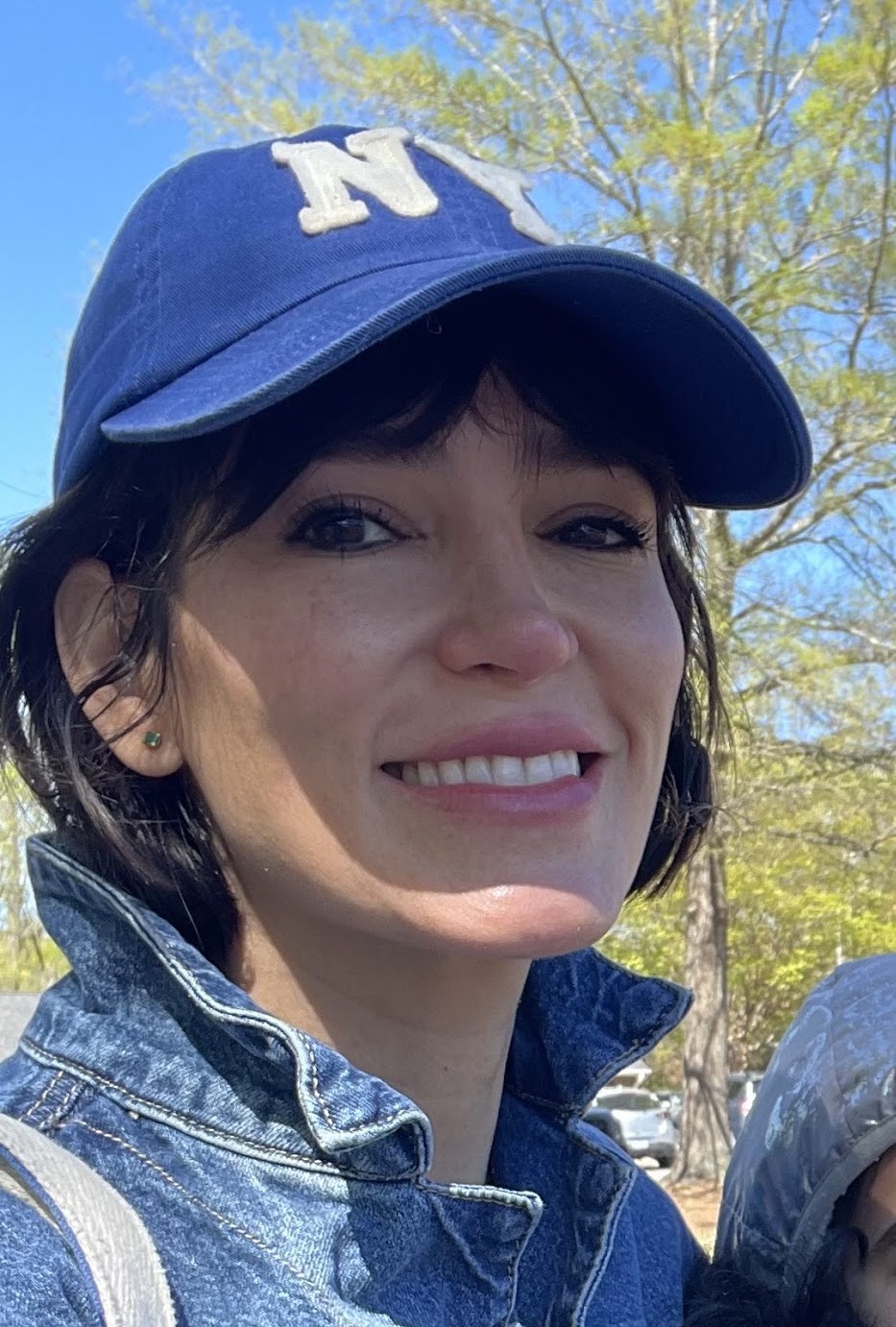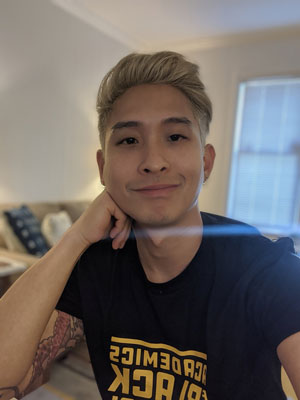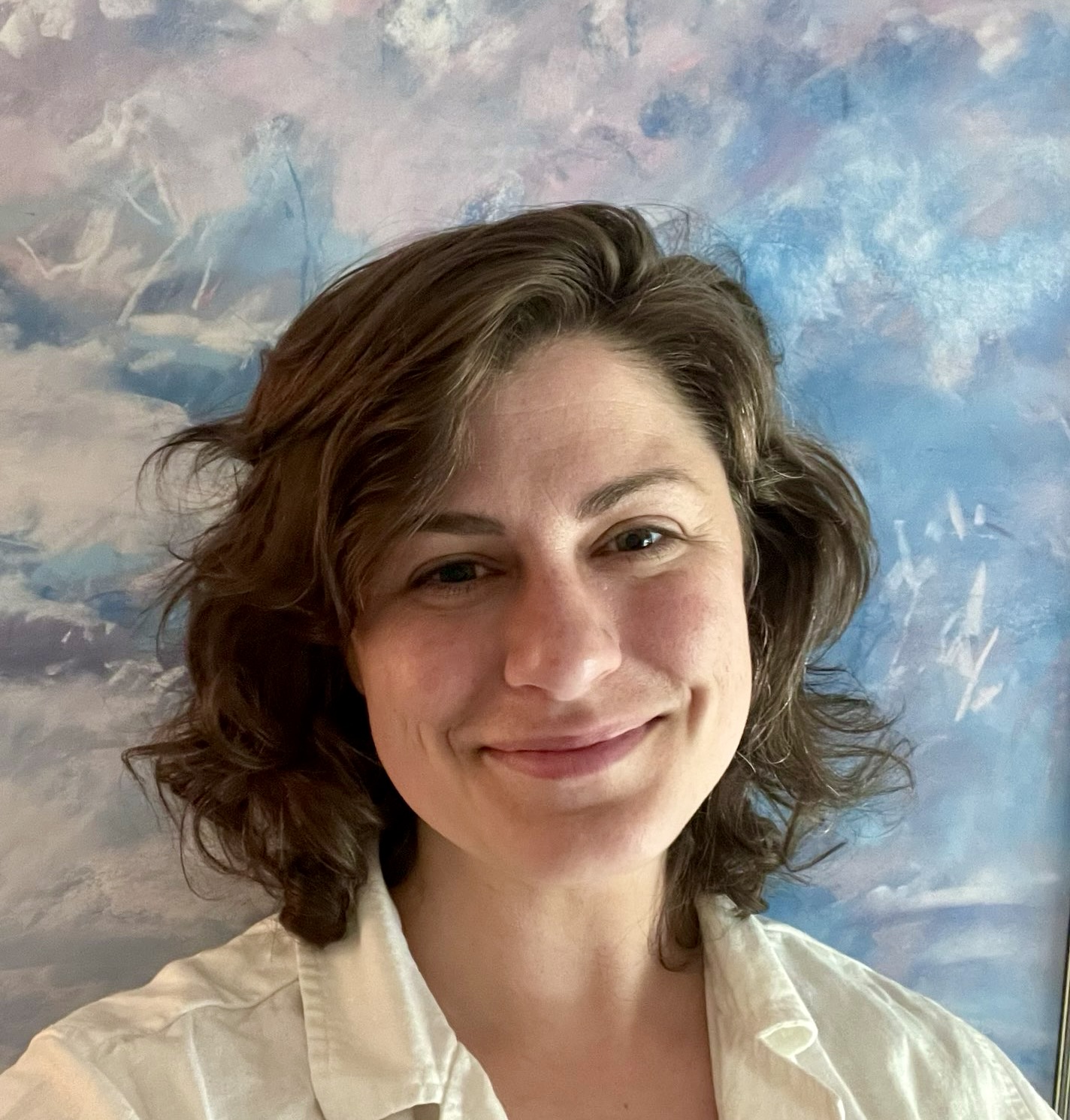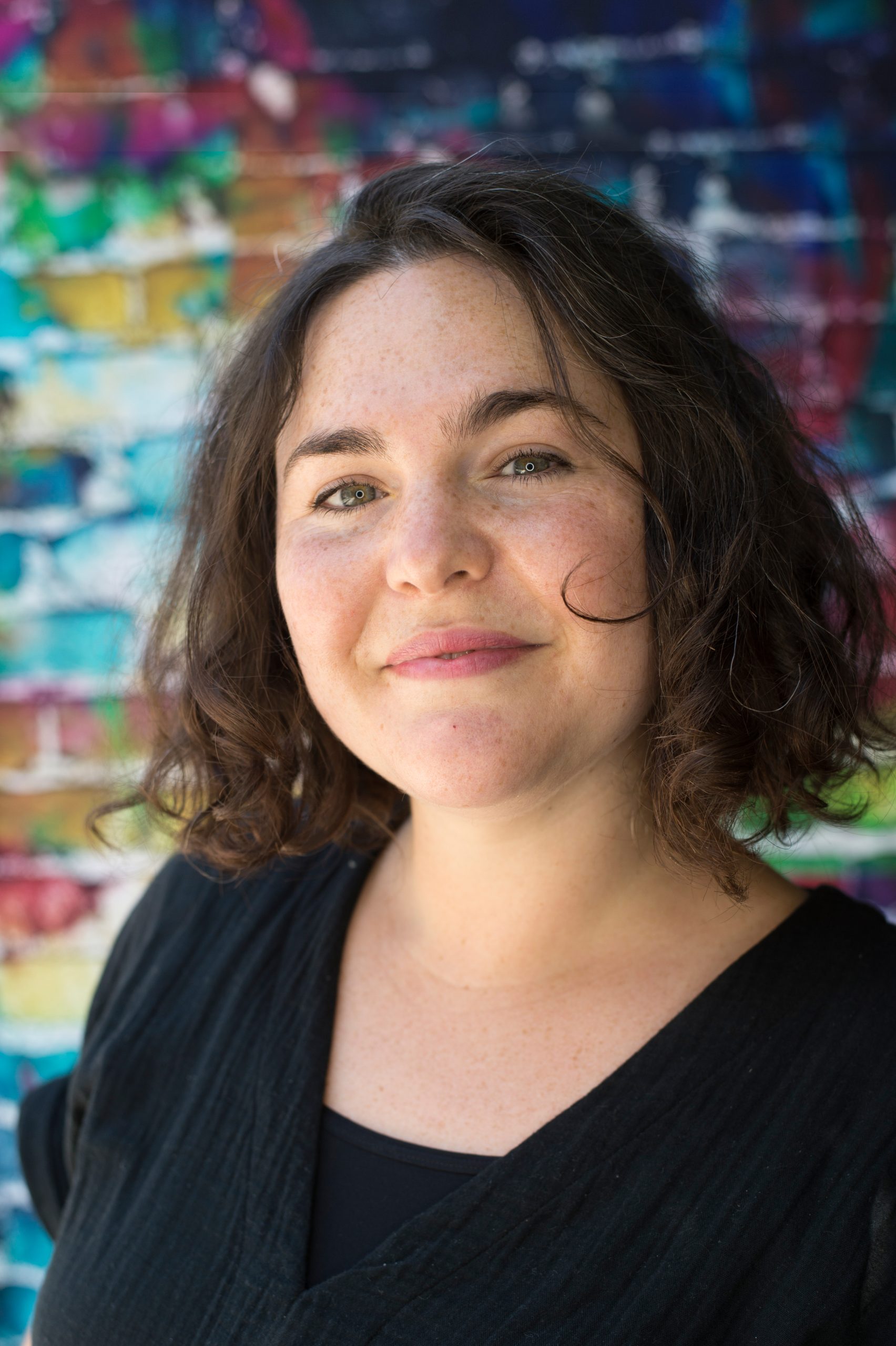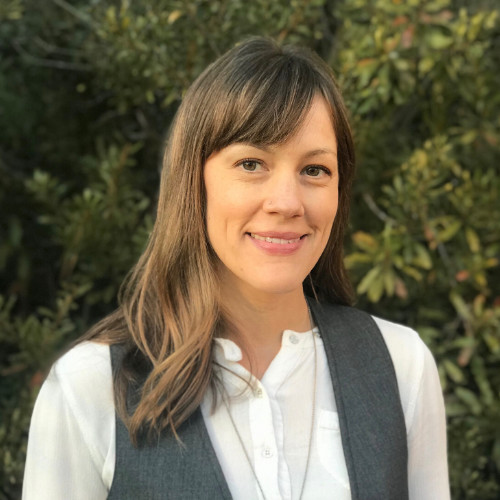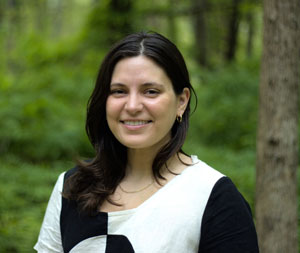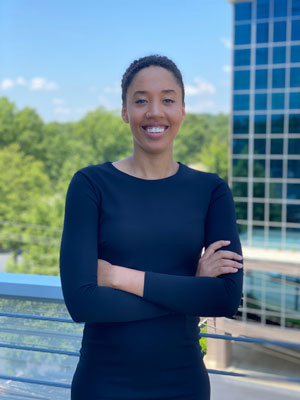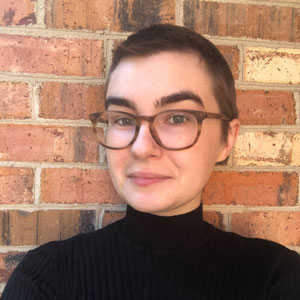
Practicum and Internship Training Fellowship
Radical Healing offers one to two years of clinical training for graduate students in Clinical Mental Health Counseling, Social Work, Clinical Psychology, and Counseling Psychology. We also offer a full-time macro social work internship experience with cross training in medical social work.
Training and Engagement
Generalist Training Model
Fellows are exposed to a broad spectrum of clinical concerns and treatment modalities designed to support students in full time clinical placements upon graduation.
Diverse Activities
Involvement in individual and group counseling, along with seminars, weekly supervision, peer consultation, community outreach, and referral coordination.
Specialized Focus
Emphasis on Cognitive Behavioral, Relational, and Psychodynamic theories, particularly for clients with marginalized identities from intersectional queer, trans, and GNC communities.
Service Provision
Fellows engage in 12-15 hours of counseling sessions weekly, including additional hours for clinical documentation, group facilitation, program support, individual and group supervision and didactic learning modules.
Application Details
Requirements
Applicants should submit a cover letter, CV/resume, sample case note with theoretical conceptualization, a reference letter and an academic transcript.
Deadline
Priority given to applications received by February 2, 2024; applications accepted on a rolling basis thereafter.
Stipend
Fellows receive a stipend two times a year upon successful completion of all training documentation and provided that your institution does not bar any stipend or financial compensation.
About the program
Program Duration
Summer Practicum is designed as a pre-internship counseling and social work experience during the summer preceding clinical internship.
Our year long internship exprience is a two-semester experience tailored for clinical social work, counseling and pre-doctoral/doctoral internship students.
Clinical Role
Internship Training Fellows co-create a year long program of service and learning to integrate core clinical skills with a framework of social justice, Black feminism and liberation psychology. Fellows provide 12-15 clinical hours each week with additional hours dedicated to programming, clinical documentation and training.
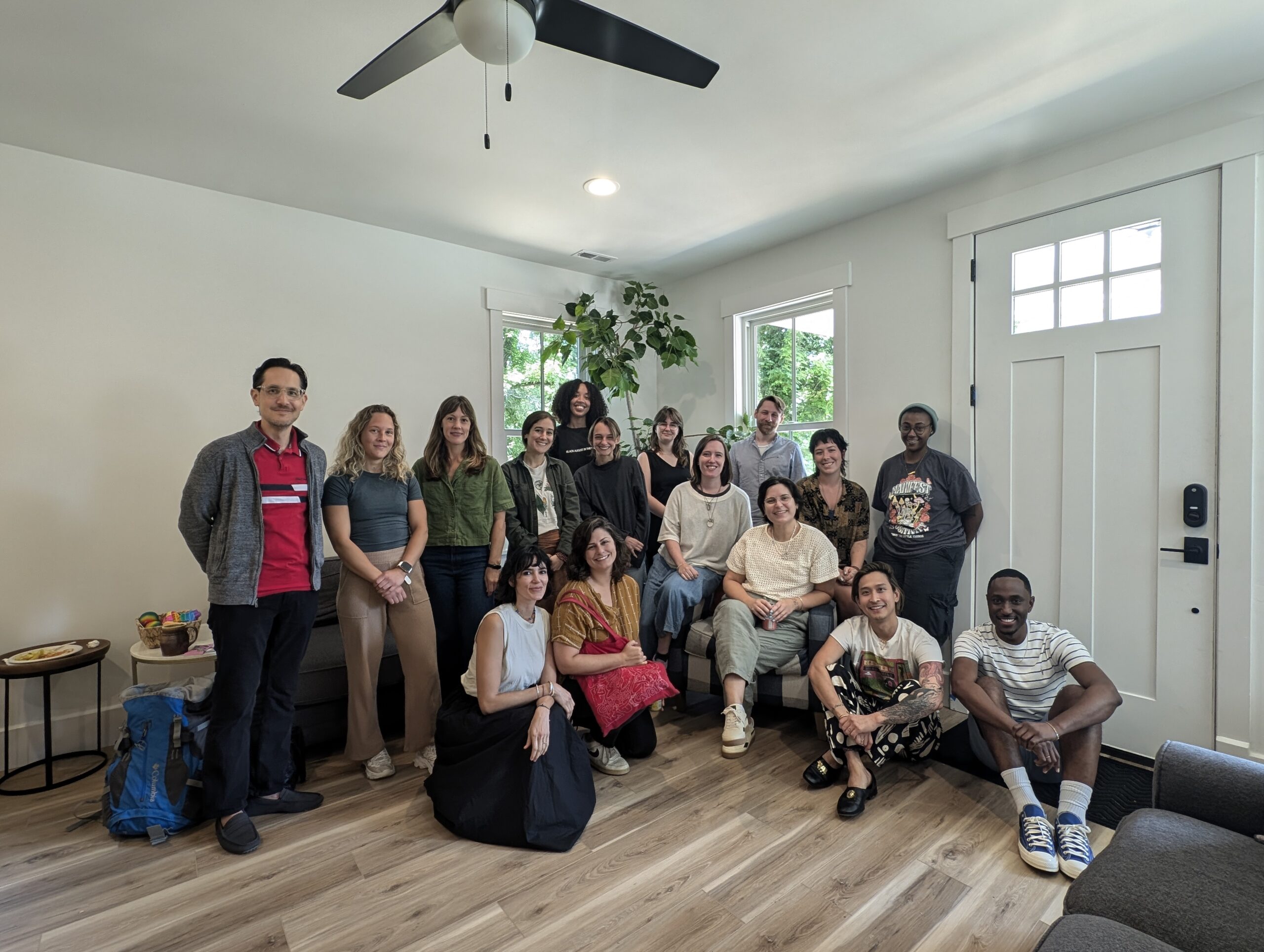
How to Apply
Contact:
Ready to take the next step in your professional journey? Submit your application electronically to our Director of Training and Internships, Marvice Marcus, PhD, HSP-P, at marvice@radicalhealing.us.
Post-Doctoral Opportunities:
Interested in furthering your career post-doctorate? We offer opportunities on a case-by-case basis. Reach out to explore how you can join our dynamic team.
Training Fellowship FAQs
What is the focus of the Clinical Training Fellowship?
The fellowship offers a generalist training model with a specialized focus on Cognitive Behavioral, Relational, and Psychodynamic theories, particularly for clients with marginalized identities from intersectional queer, trans, and GNC communities.
What activities will I be involved in as a fellow?
Fellows participate in individual, group counseling (including telehealth), seminars, weekly supervision, peer consultation, community outreach, and coordination of community referrals.
How many hours of counseling will I be expected to do each week?
Fellows are expected to engage in 12-15 hours of counseling sessions per week, in addition to planning and leading groups. Macro Social Work students will attend trainings, but not required to provide counseling sessions.
What are the application requirements for the fellowship?
Applicants need to submit a cover letter, CV/resume, sample case note with theoretical conceptualization, and academic transcript.
What is the deadline for application submission?
The priority deadline is February 2, 2024, but applications are accepted on a rolling basis thereafter.
Is there a stipend for the fellowship?
Yes, fellows receive a stipend, which is disbursed two times a year upon successful completion of all clinical documentation.
What is the Program Training Fellowship?
It’s a year-long experience for social work, counseling and pre-doctoral/doctoral internship students who are committed to a practice of social justice, liberation psychology and moving into clinical practice using an anti-oppression lens.
Who can I contact for more information or to apply?
For more information or to apply, please contact the Training Director, Marvice Marcus, PhD, HSP-P, at marvice@radicalhealing.us.
Are there opportunities for post-doctoral fellows?
Yes, post-doctoral fellowships are available on a case-by-case basis.
What makes this fellowship unique?
The fellowship is unique in its commitment to social justice, its focus on serving marginalized communities, and its comprehensive approach to training in various therapeutic modalities.

